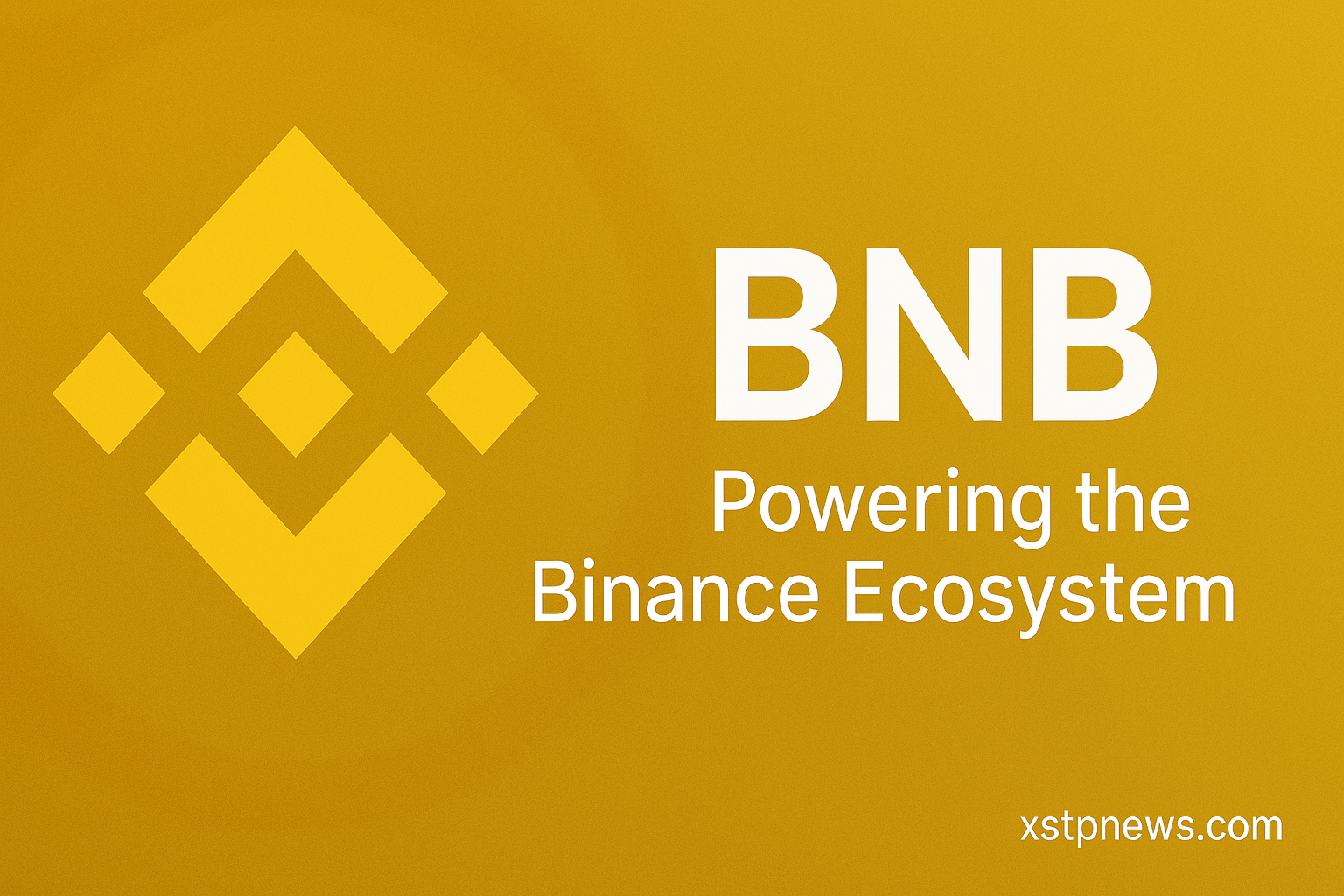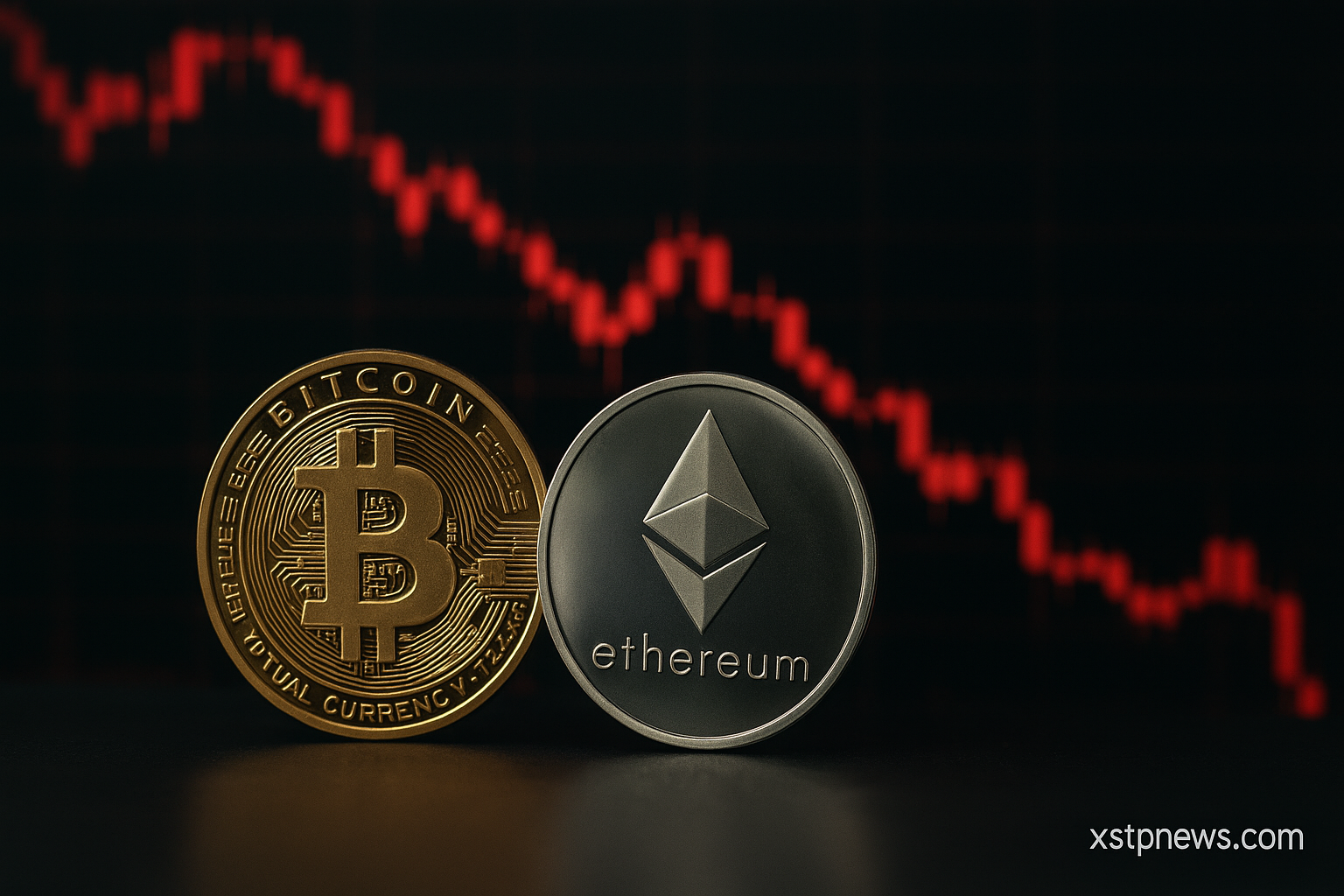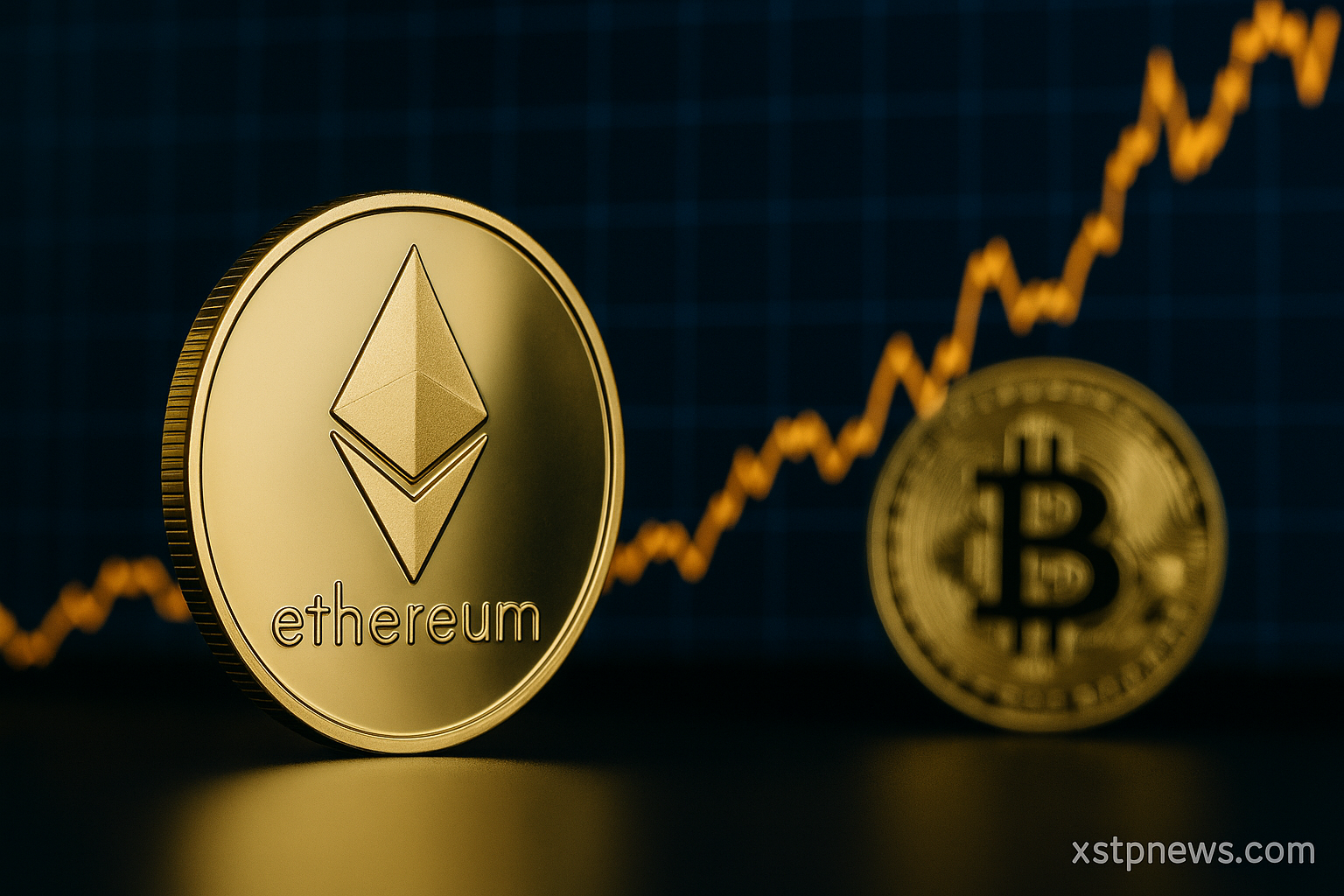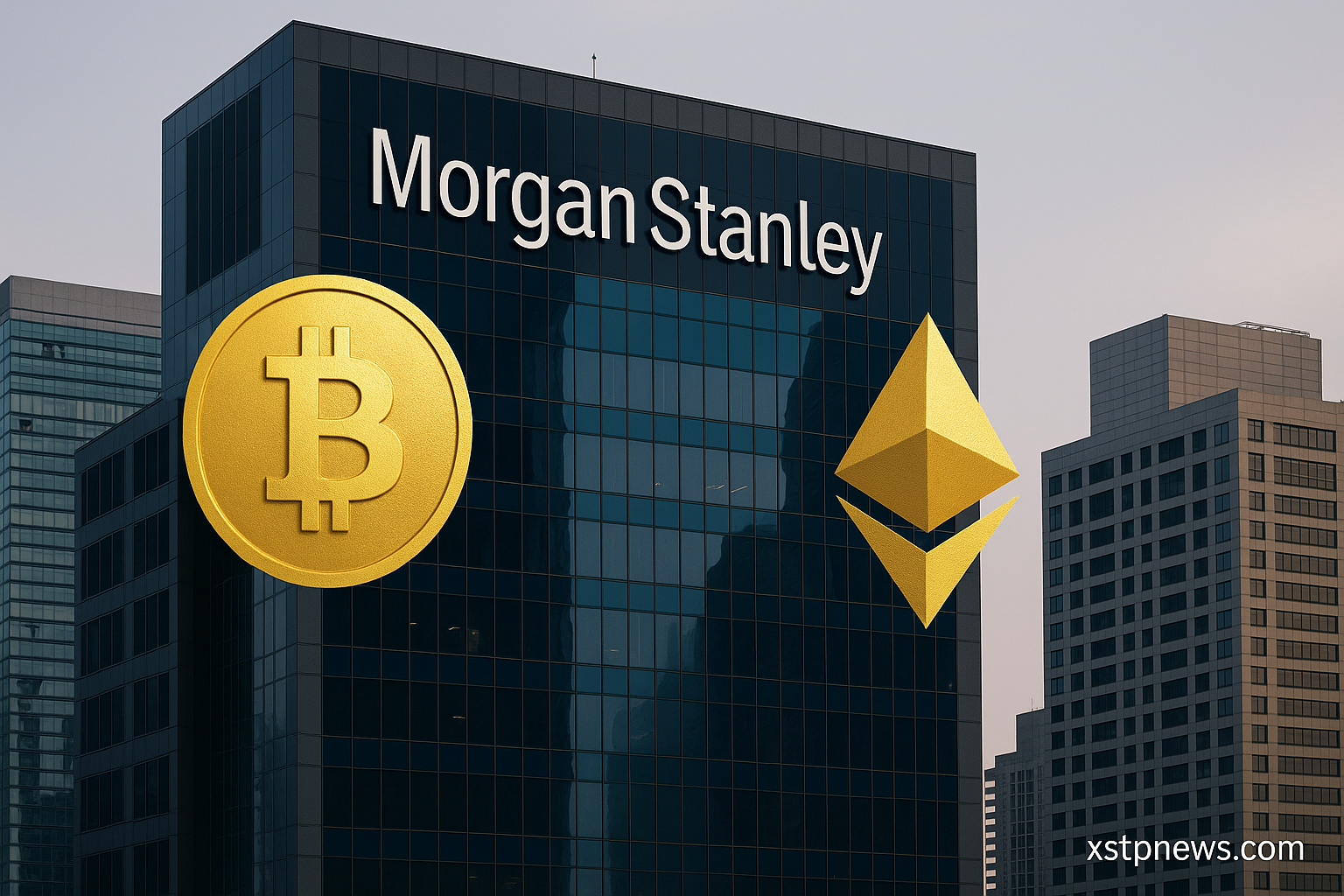BNB is the native token of Binance, the world’s largest cryptocurrency exchange by trading volume. Originally launched as an ERC-20 token, BNB has evolved into a core pillar of the Binance Smart Chain (now known as BNB Chain), powering a wide range of decentralized applications (dApps), DeFi platforms, and NFT projects.
What is BNB?
BNB (Build and Build) started in 2017 as a utility token for trading fee discounts on Binance. Over the years, it became much more than that. Today, BNB is used for:
- Paying transaction fees on BNB Chain
- Participating in token sales via Binance Launchpad
- Staking and governance in various DeFi platforms
- Making payments via crypto-friendly merchants
Its role has expanded alongside the Binance ecosystem, becoming one of the most utilized tokens in the crypto space.
The BNB Chain Ecosystem
The rebranded BNB Chain is a dual-chain system:
- BNB Beacon Chain handles governance and staking
- BNB Smart Chain (BSC) enables EVM-compatible smart contracts
With ultra-fast block times and low fees, the BNB Chain supports thousands of dApps and has become a go-to network for developers looking to scale outside Ethereum.
Notable projects include PancakeSwap, Venus Protocol, and hundreds of GameFi, DeFi, and NFT applications. The chain processes millions of transactions daily, often surpassing Ethereum in activity.
BNB Tokenomics and Burns
BNB has a maximum supply of 200 million tokens, but that number is constantly shrinking. Binance commits to a quarterly token burn using 20% of its profits to reduce BNB’s circulating supply.
Additionally, the Auto-Burn mechanism adjusts burn amounts based on the token price and total blocks produced. This deflationary model is designed to increase BNB’s scarcity over time, which theoretically adds long-term value.
Market Position and Adoption
BNB consistently ranks in the top 5 cryptocurrencies by market capitalization. It’s widely traded across both centralized and decentralized exchanges and is increasingly accepted in the real world, from travel services to retail stores.
Institutions and investors see BNB as a strong bet due to its ties to Binance’s massive user base, global operations, and network effect. Its utility across multiple products from Binance Earn to NFTs makes it uniquely positioned.
Risks and Controversies
Despite its success, BNB is not without risk. Because of its close link to Binance, the token is exposed to regulatory pressure on the exchange. Past investigations by global regulators have raised questions about centralization and compliance.
Also, the governance structure of BNB Chain is often criticized for being too centralized compared to Ethereum or Solana. While Binance has taken steps to decentralize over time, some still view this as a critical vulnerability.
BNB has evolved from a simple utility token to a foundational asset in the crypto economy. Its integration into trading, DeFi, payments, and smart contracts makes it one of the most functional tokens today.
But like all assets in the crypto space, it’s essential to assess the balance between innovation and risk. With Binance at the center, BNB’s future may depend heavily on how the exchange navigates global regulation and decentralization efforts.
Sources: Binance official site, CoinMarketCap, Messari, DeFiLlama







